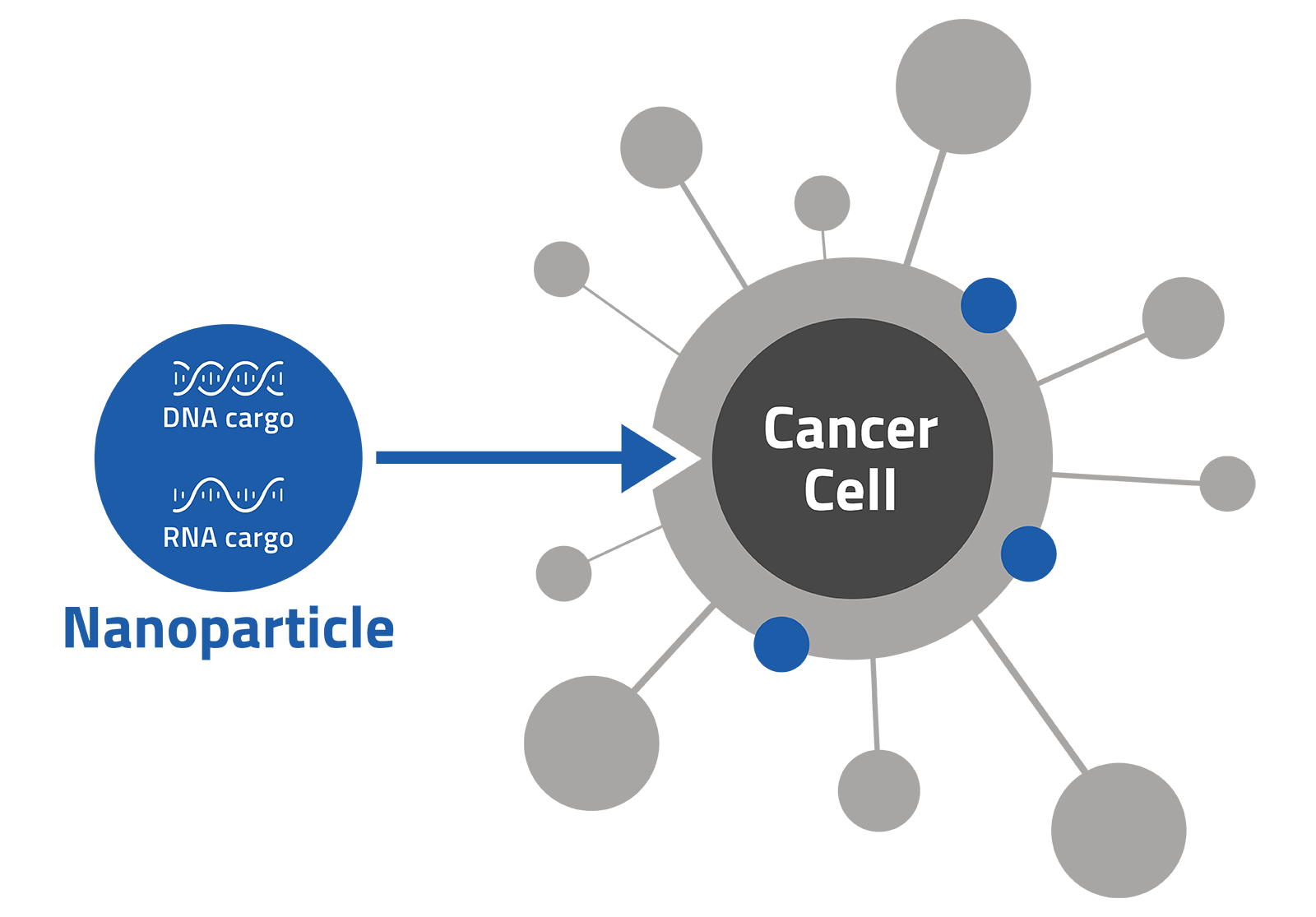About the project
ULISES has aimed at developing a new nanotechnology-based treatment strategy where cancer cells that are invisible to the patient’s immune system are reprogrammed to become “visible”.

According to the statistics from the World Health Organization, cancer is the second leading cause of death globally, counting for approximately 9.6 million deaths in 2018. This figure is expected to increase by 60% by 2040 due to the ageing and increase of the world’s population.
While cancer treatments are currently based on surgical resection of the tumour (if possible), chemotherapy, radiotherapy, target-driven therapies and immunotherapy, ULISES has aimed to set out an all-new therapeutic strategy based on nanotechnologies.
By using nanotechnologies to deliver plasmid DNA into tumorous cells for reprogramming, the ULISES project has developed a disruptive treatment that has enabled the immune system to see what has, until now, been invisible. This approach has not sought to alter the genetics of the cancer cells; rather, it has helped the immune system recognize and attack these cells once they have been “flagged” as incompatible.
The Objectives
The breakthrough therapy developed by researchers in the ULISES project has offered several advantages over existing therapies:
- It has constituted a “natural” treatment, as the patient’s own immune system has been used to attack the cancer cells, without the use of drugs, chemotherapy, radiotherapy, transplants, etc., thus avoiding the considerable side effects of current strategies and providing the patient with a more comfortable and efficient solution.
- Future relapses have been avoided, since TILs (Tumor Infiltrating Lymphocytes) generated around the tumor microenvironments by the patient’s own immune system have provided acquired immunity or immunological memory, leading to a “vaccine effect.”
- It has been easily and rapidly adaptable to any type of cancer with minimal modification.
- The radically new immunological incompatibility therapy for cancer treatment developed by ULISES has placed Europe at the forefront of disruptive future technology. The multidisciplinary nature of the ULISES consortium, which has brought together highly skilled, complementary researchers, industrial partners, and end-user representatives, has facilitated the transition to innovation and the market.
Media Kits
Discover and download the ULISES graphic materials.
